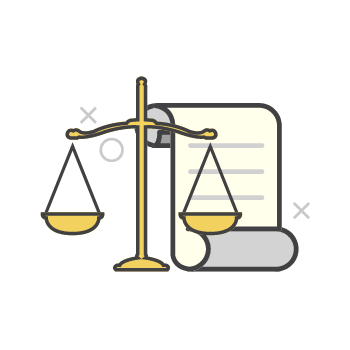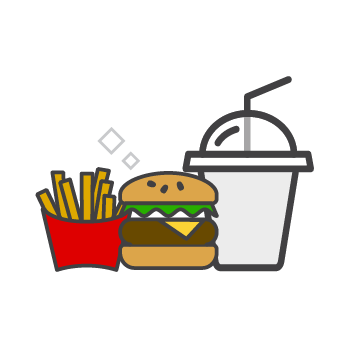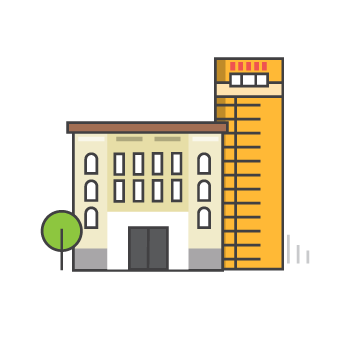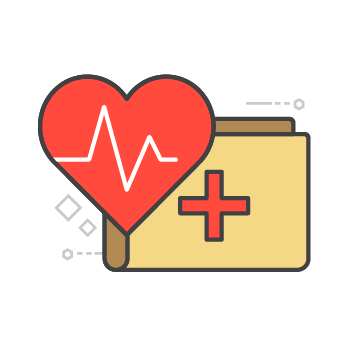Eight Things to Know About the Role of Your Pharmacist
by Lou-Ann Jordan May 9, 2022

Have you ever wondered about the role of your pharmacist? Do you know what you can expect when visiting your local pharmacy to fill out prescriptions?
Within the Caribbean, pharmacies have changed in that they now offer various services and products. Some have become a one-stop shop where health and dietary supplements, household items, beauty care products, infant items, and toiletries can be purchased. These are terrific conveniences, but they can easily dwarf the fundamental role of your local pharmacy and, with that, your pharmacist.
Firstly, pharmacies typically offer ready access to basic medical tests. Many provide glucose and blood pressure testing. Also, while your pharmacist will not prescribe medication, they can guide you to seek medical attention. There are, however, several other services your pharmacist, as a healthcare professional, will facilitate.
The primary role of your pharmacist is to act as a dispenser of prescribed medication. However, dispensing medication, which may come in pills, creams or syrups, is an involved task that requires them to perform several critical functions. If you’re unsure of what you can expect from your pharmacist, have no fear. We’ve listed eight things to know about the role of your pharmacist.
On your next visit to the pharmacy to fill a prescription, you can expect your pharmacist to:
Advise you on what medication you’re taking. You can ask your pharmacist for the name of the medicine if, for some reason, you’re unable to ascertain it from the prescription.
Inform you about the dosage. Your pharmacist can advise you of the quantity and frequency of the medication that has been prescribed.
Specify how it should be taken. You want to get all the facts about the prescribed way to take your medication, especially concerning food. You should be clear on whether it has to be taken before or after meals etc.
Tell you what to expect. Talk to your pharmacist and find out if any side effects should be anticipated.
Instruct you on what to avoid. Some medicines require you to stay away from certain foods and liquids. Be sure to discuss with your pharmacist what should be avoided.
Guide you on the duration. It’s important not to exceed the medicating period. Therefore, ask your pharmacist about the length of time you’re to take the particular medicine.
The storage requirements. It’s not uncommon to be prescribed a medication with specific storage requirements. If you’re ever unsure how the drug should be stored, you can rely on your pharmacist to provide that information.
Prepare medications. Your physician may prescribe the medicine, but the preparation is done by your pharmacist, e.g., liquid antibiotics for children. Often this is done at the time of collection.
So, there you have it! Next time you’re filling or picking up a prescription and have any of these concerns, you can freely ask your pharmacist. We’re sure they’ll be more than happy to help.
Use Find Yello to select a pharmacy closest to you.
Sources: Brunet and WebMD.








